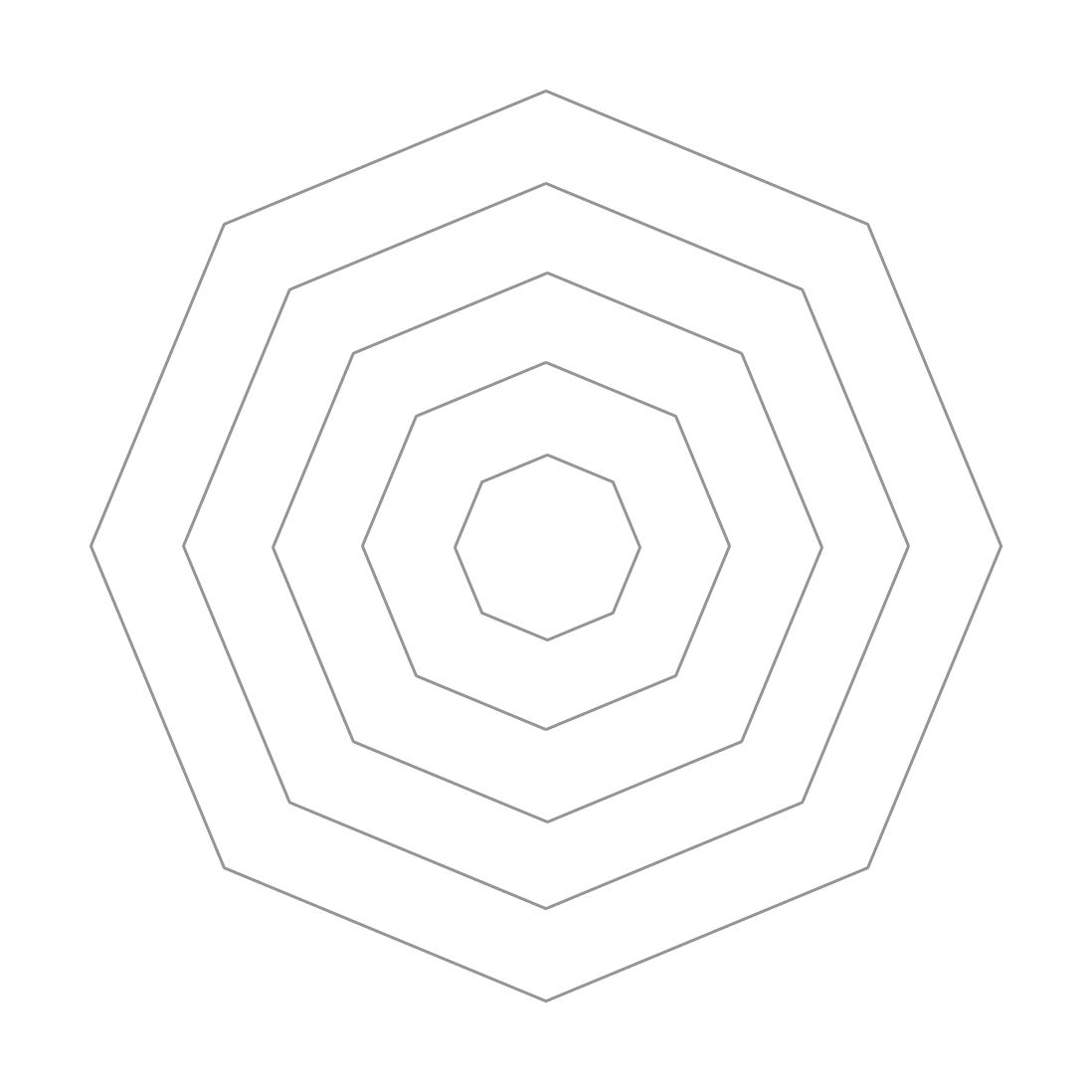Good workmanship in sewing
Sewers must be able to make, alter and repair garment by hands or some tools


Physical Abilities
Physical abilities
Importance:5 (Max:5)
Skill is required all the time
Technology Skills
Technology skills
Importance:3 (Max:5)
Skill is basically required
Cognitive Abilities
Cognitive abilities
Importance:3 (Max:5)
Skill is basically required
Comprehension And Expression
Comprehension and expression skills
Importance:2 (Max:5)
Skill is occasionally required
Social Skills
Social skills
Importance:1 (Max:5)
Skill is rarely required
Organisation And Execution Skills
Organisation and execution skills
Importance:2 (Max:5)
Skill is occasionally required
Problem Solving Skills
Problem solving skills
Importance:2 (Max:5)
Skill is occasionally required
Management Skills
Management skills
Importance:1 (Max:5)
Skill is rarely required
Sewers must be able to make, alter and repair garment by hands or some tools
Academic qualification
typically gain skills through work experiences.
Professional qualification
knowledge of sewing, or completion of relevant training course is an advantage
Monthly Salary $15,000-$20,000
Monthly Salary $15,000-$20,000
Monthly Salary $20,000-$25,000
Monthly Salary $25,000-$40,000 or above
Monthly Salary $25,000-$40,000 or above
